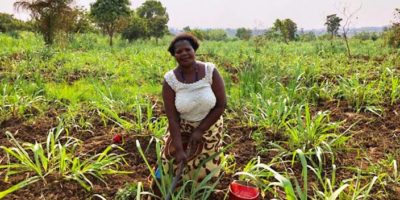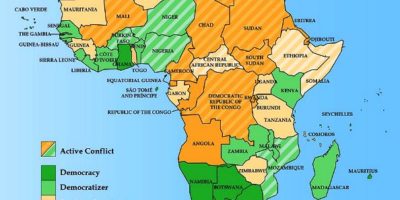Over 600 people have lost their lives, over 200,00 homes destroyed and 1.3 million displaced following the worst flooding witnessed in Nigeria in a decade. The West African nation is prone to seasonal flooding, which has been notably worse this year, with Nigeria’s meteorological agency warning that it could continue until the end of November, in some states.
350Africa.org has reacted to the disaster with deep concern for those who have been affected by the flooding. We continue to call for climate action to support mitigation and adaptation measures, in order to avert even worse climate impacts due to global warming, which is exacerbated by the continued use of fossil fuels.
Landry Ninteretse, Regional Director – 350Africa.org said, “We are concerned about the devastation caused by the flooding in Nigeria, which the government has attributed to heavy rains and climate change. We stand in solidarity with our partners and communities affected by this disaster. African nations on the frontlines of the climate crisis are demanding greater urgency applied to measures aimed at mitigation against and adaptation to climate change.
“COP27, which starts in a few weeks, must define a concrete operationalisation plan to implement the Global Goal on Adaptation adopted last year in order to meaningfully support countries like Nigeria in their efforts to strengthen resilience and reduce vulnerability to climate impacts. We expect that developed nations will scale up funding for mitigation and adaptation as well as prioritise compensation for climate induced loss and damage suffered by the nations most affected by the climate crisis.”
Michael Terungwa of the Coal Free Nigeria campaign said, “The heavy rains and resultant flooding currently being experienced in Nigeria is evidence of the extreme climate impacts primarily driven by fossil fuels, making our homes uninhabitable, endangering lives, health and livelihoods.
“This is a signal that it is time for the world to move away from fossil fuels, as rapid and deep emission cuts are needed to avoid catastrophic climate impacts. As our country plans to implement an energy transition plan, we urge the government to prioritise clean renewable energy and not false solutions such as fossil gas that will lead us down a perilous path.”





















